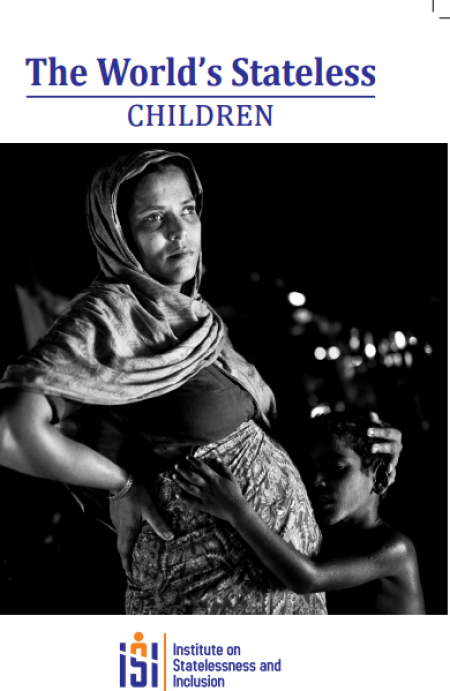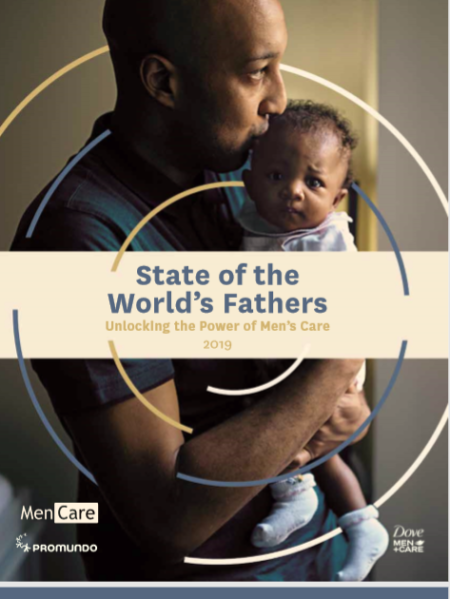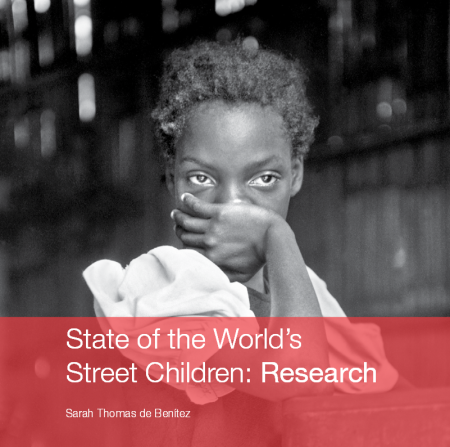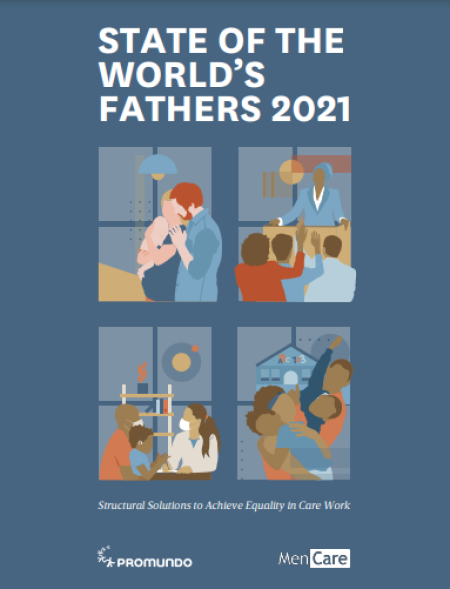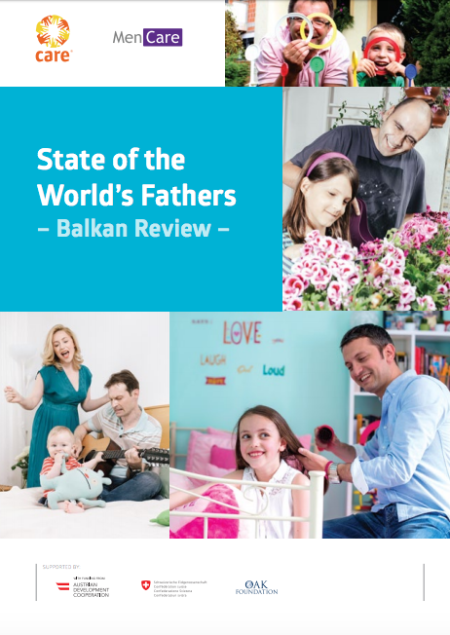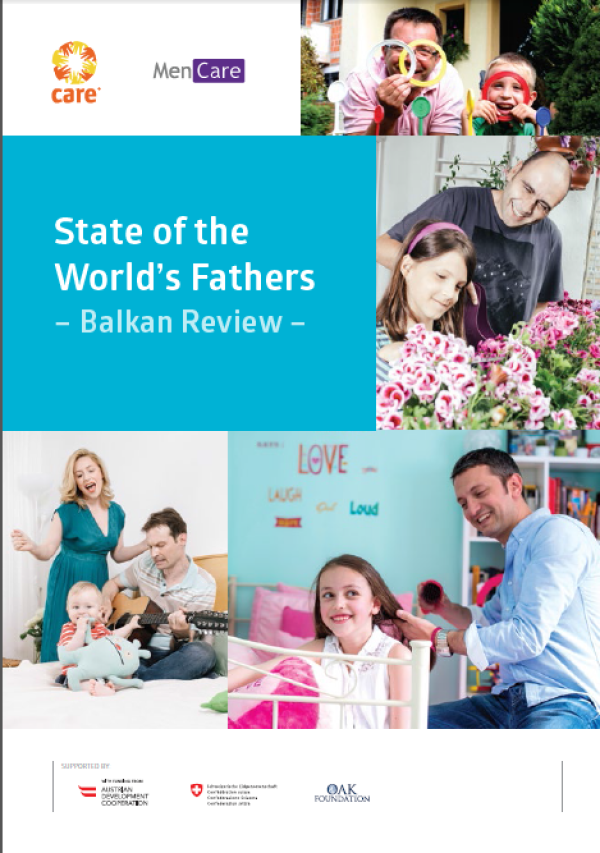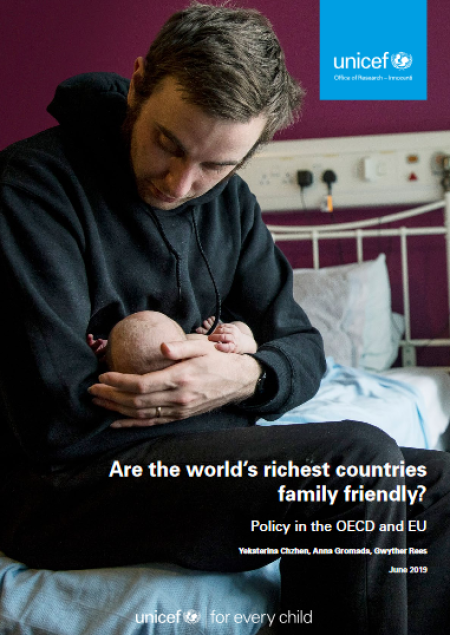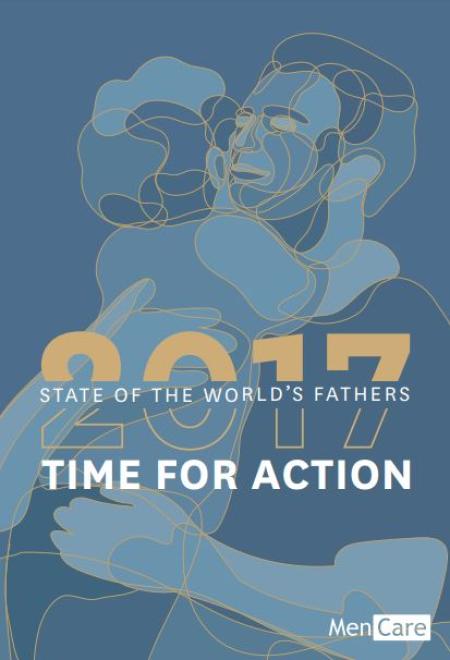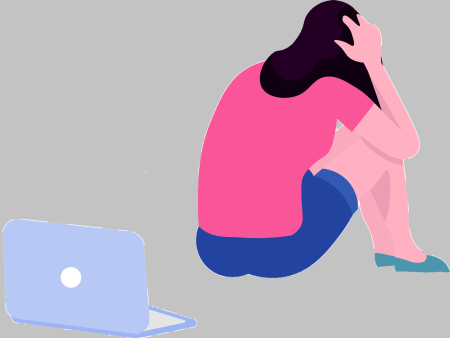
Introduction
"This is the second edition of the Institute on Statelessness and Inclusion’s flagship report on The World’s Stateless – the second time we have zoomed out from our day-to-day involvement with different aspects of the issue of statelessness in different places, to take stock of the overall state of the phenomenon globally".
"...the focus of this edition of The World’s Stateless report has also evolved from a largely descriptive critique of the state of statelessness to an exploration of entry points, tools, frameworks, and strategies for improving the lives of stateless persons and reducing the incidence of statelessness".
"In Part Two of this report, we will turn our attention to the situation of stateless children and what can be learned from efforts around the world to more effectively promote the right of every child to a nationality. Before that, this first part of the report offers a more general overview of developments in the field of statelessness. In this opening chapter, Melanie Khanna, Chief of the Statelessness Section of UNHCR, reflects on the state of statelessness globally and highlights areas of progress in relation to the #Ibelong campaign. A short synopsis of developments in respect of the Global Campaign for Equal Nationality Rights, aimed at eliminating gender discrimination in nationality law, is then provided by the Campaign’s manager, Catherine Harrington. A broader stock-taking and analysis of developments since 2014, compiled by the Institute in consultation with civil society partners around the world, is presented in the subsequent chapters of Part One. As in the previous report, we have grouped this material according to the five regions into which UNHCR organises its work and statistical reporting: Africa (Chapter 2), the Americas (Chapter 3), Asia and the Pacific (Chapter 4), Europe (Chapter 5) and the Middle East and North Africa (Chapter 6)."


